MH: Is there anyone from the Service that stands out in your mind? 2700:
WO: Keith Everts. Keith was my second in line supervisor when I first started in Banff. I reported directly to Cliff White and Cliff reported to Keith. I don’t think there was anybody in the Warden Service at that time who supported new wardens as much as Keith did. I had a tremendous amount of respect for Keith.
MH: Is there anything about the Warden Service, as you knew it, that you would like future generations to know? 2810:
WO: It would be nice if somehow through these interviews, that the Warden lifestyle, pre-2000, and the memory of that lifestyle is maintained and passed forward. The modern wardens who are in the system now, or Resource Conservation people will never experience those days but at least they should know about it. People like Karsten Heuer and his crew of people working on the bison project spend a lot of time in the backcountry. Hopefully, all the trails and cabins will be maintained.
MH: What made the Warden Service such a unique organization? 2916:
WO: I think it was the “esprit de corps (A common spirit existing in the members of a group and inspiring enthusiasm, devotion, and strong regard for the honour of the group.) within the Warden Service, from coast to coast. One of the truly unique aspects about the Warden Service through my period was the regional training schools where we would be sent off 2 or 3 times a year for some form of training, whether it was at the Palisades in Jasper to Law Enforcement in Cornwall or whatever, but we met wardens from right across the country. I still maintain friendships that I started with wardens 40 years ago, because of those regional training schools. I could still travel right across the country from one national park to another and know that there is a bed for my wife and I at a retired wardens house. The new system doesn’t have that shared “esprit de corps” on a national scale. I also think the “esprit de corps” that was so tight within the wardens, was partially responsible for the Warden Service’s downfall. A lot of people from other parts of the organization viewed that as being a superior attitude, elitist or something. I don’t think that was actually the case but the close knit-ness of the Warden Service was sometimes frowned upon by people in other functions. They were jealous. To me, that was one of the best parts of the organization, how tightly knit we were. That’s one thing I miss in my retirement, the close-knit camaraderie.
MH: Do you have any lasting memories as a Warden? 3200:
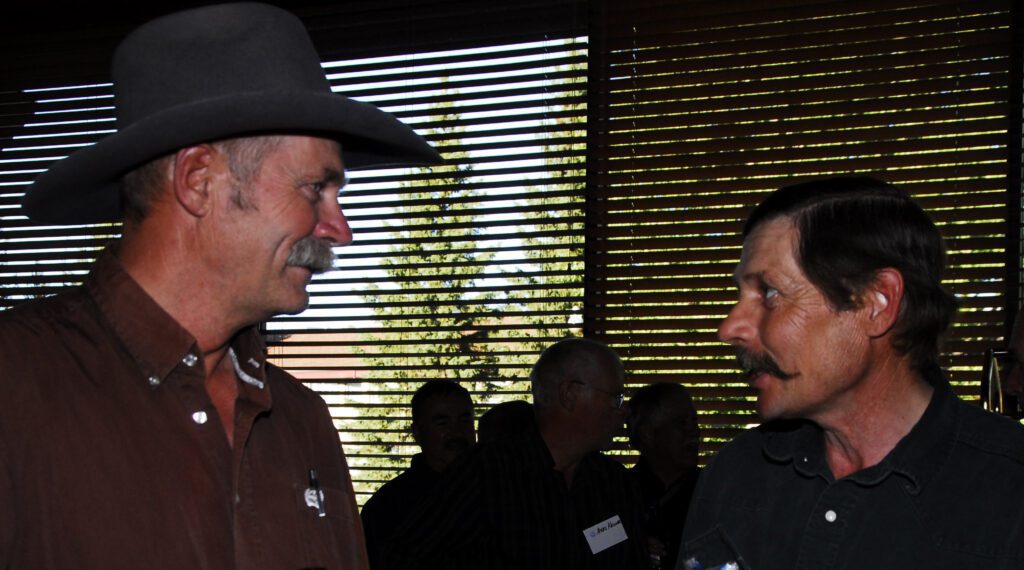
Wes and Frank Burstrom enjoy a visit at the 2009 Warden Centennial Celebration in Banff.
WO: I think the Windy Warden Cabin, out of all the ones I’ve been to, that one or Scotch Camp, just because of the amount of time I spent at those places. Lots of good memories there. My favourite horse was a Quarter Horse that Parks acquired from the track, here in Elk Island. ‘Judge’ was a 16-2 hand (high) Quarter Horse Thoroughbred cross. When he arrived in Elk Island as a young horse he was immediately put into the role of moving bison from paddock to paddock and into the corrals for handling.
I didn’t know that when I got on him for the first time, leaving the barn on a recreational ride, we turned one particular corner and in “Judge’s” mind, that was the start of the racetrack, because every warden who rode him, turned that corner and had a race with whoever they were with, one mile to the next gate. So when we rounded that corner for the first time, he almost blew me out of the saddle, he just bolted. He really taught me how to ride. Probably the best horse of my career with Parks. He was purchased by the Ya Ha Tinda, where they tested him out and then sent him to Elk Island.
Have you talked to Mike Dillon? He came here for his 2 years Resource Conservation experience and then transferred back to Jasper. Terry Winkler, Mike Dillon, Randy Fingland and myself and a couple others were putting together a team here in Elk Island to complete in Warden Days in Jasper (we won that year). Mike was practicing for the bareback race.
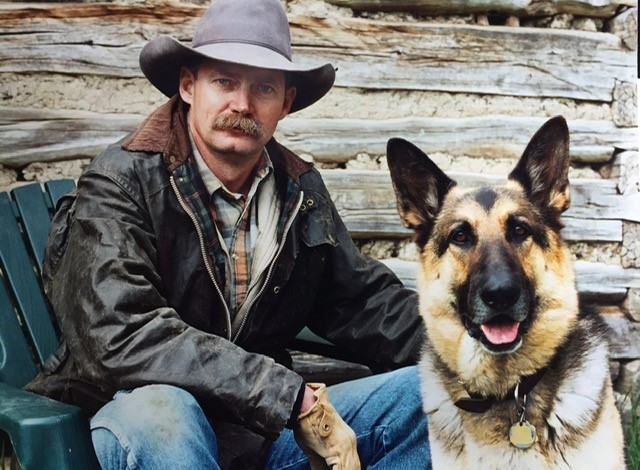
At the Warden Days, you’d have to run out into the field with a halter, grab one of the loose horses and race back to the start with a ribbon and drop it in the barrel. Mike was practicing that on a horse named Ruby, really sweet horse. We had a fenced arena outside the barn, a perfect place to practice your horsemanship skills. Mike would start at one end, get on his horse and ride it as fast as he could to the other end and back again.
Ruby got tired of that after several trips up and down the arena so this time, Ruby stopped dead, just as they got to the end of the arena. Mike went flying over the horse’s head, right towards a six-plank fence. He did this amazing backflip, handstand on the top rail of the fence and with another mid-air flip, landed on his feet on the other side. It was like he had practiced that his entire life, it was perfectly executed. The look of shock on his face when he landed and looked back at us was priceless. I asked Mike fairly recently about this and he doesn’t recall it.
He didn’t have a lot of horsemanship skills prior to coming to Elk Island and one time we were out…we had 500 head of bison on a big grassland that we were moving, and they split into several groups. We were in full gallop, as fast as the horses could go, trying to keep up with the bison and trying to consolidate them back into one group. I had a group of about 30 big old bulls that I was focused on, riding Judge, and suddenly I got hit from the left side, behind the saddle and I thought, “Oh God, I’ve just been killed by a bull”! But no, here it was Mike. He’d lost both stirrups and was holding onto the saddle horn, looking down and trying to get his feet back into the stirrups when he ran his horse into mine. I soiled my man-panties after that one!
MH: Any other stories?
MH: Do you ever miss being a Warden? 3640:
WO: I miss being the old-style warden. I don’t miss the career anymore, been retired now since 2012 and enjoy retirement tremendously. I wouldn’t go back to the Warden Service as it exists today. But as I mentioned earlier, I miss the camaraderie, the esprit de corps which was a big part of that group of people. We’re all friends on Facebook and see each other as much as we can.
MH: Do you have any photos of yourself as a warden that you would like to donate? Artifacts? 3755:
WO: Yes, I can email them to you.
MH: What year did you retire? 3815: I retired in 2012.
MH: What do you enjoy doing in retirement? 3822:
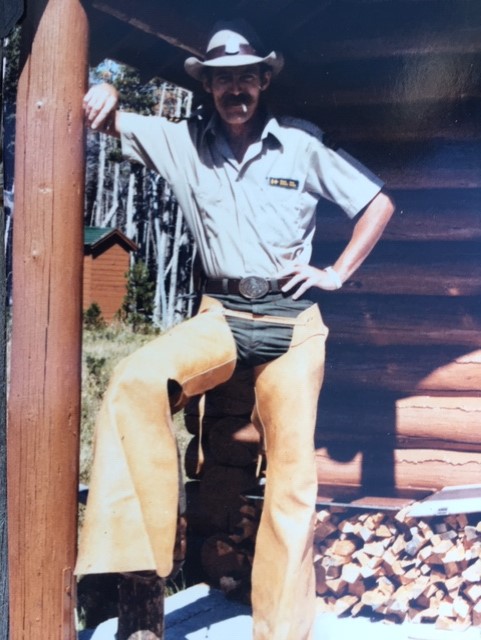
WO: I retired from the Warden Service, but I didn’t retire from work. Because of my background with bison, I have over 35 years of working with bison, in all aspects of management, so I set up a consulting company and I do that on the side. I help other people, in particular First Nations, setting up their new herds and writing bison management plans for various organizations. And my wife and I have published a couple of books about bison and have another one on the go that’s just about finished. Johane is a phenomenal photographer so the books are filled with her photographs and I’m an artist so the books have lots of my drawings and paintings in the books as well. If you go on my website, www.wesolson.ca, you’ll see my artwork and books on there. No, I’m not really retired, and this coronavirus right now is giving us a lot of time to focus on getting the new bison book out.
MH: Is there anything I haven’t asked you that you think I should know about the Warden Service? 4040:
WO: I was impressed with how comprehensive the question list is. They did a good job selecting the questions.
With regards to the “Legends”, I think they mean in terms of people like Bill Vroom, for example, was a legend in the Warden Service. A lot of people referred to him that way.
MH: Anyone else to interview?4140:
WO: Angela Spooner. Her husband, Sebastián Marcoux is in the Law Enforcement branch for Parks. His office is in Tofino but he works all over Canada. Mike Dillon would be another excellent person to talk with.
MH: Any final comments?
WO: No, other than thanks to you and the others who are working on this. Its important work and I am pleased to participate.
Interviewer: Monique Hunkeler
Monique Hunkeler worked with Parks Canada as Secretary to Banff National Park Finance Manager. She moved to Dispatcher for the Banff Park Warden Service and later worked within Banff National Park and Town of Banff’s IT departments. She is experienced with the interviewing, transcription and archiving process for the Park Warden Service Alumni Society oral history project.
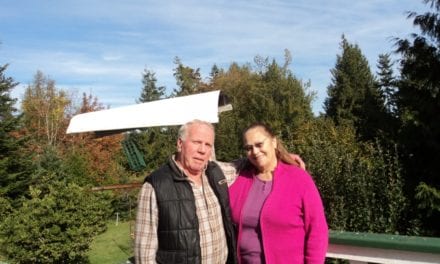

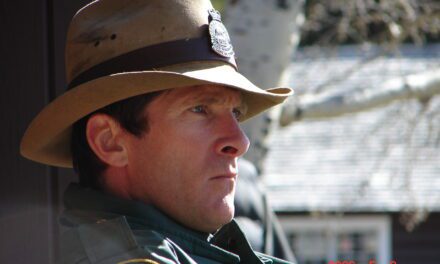
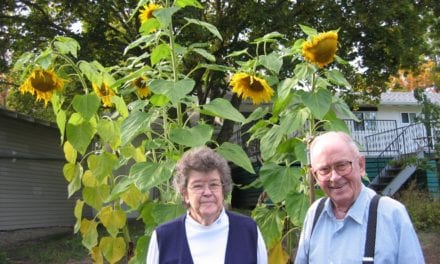
Are there any publications about the beaver in Elk Island that I could use as a fact base for a fictitious children’s book? I am trying to gather information on what animals typically share the habitat with the North American Beaver and how they might interact with the beavers. A sound fact base on beavers is imperative and I am having a hard time finding a great resource.